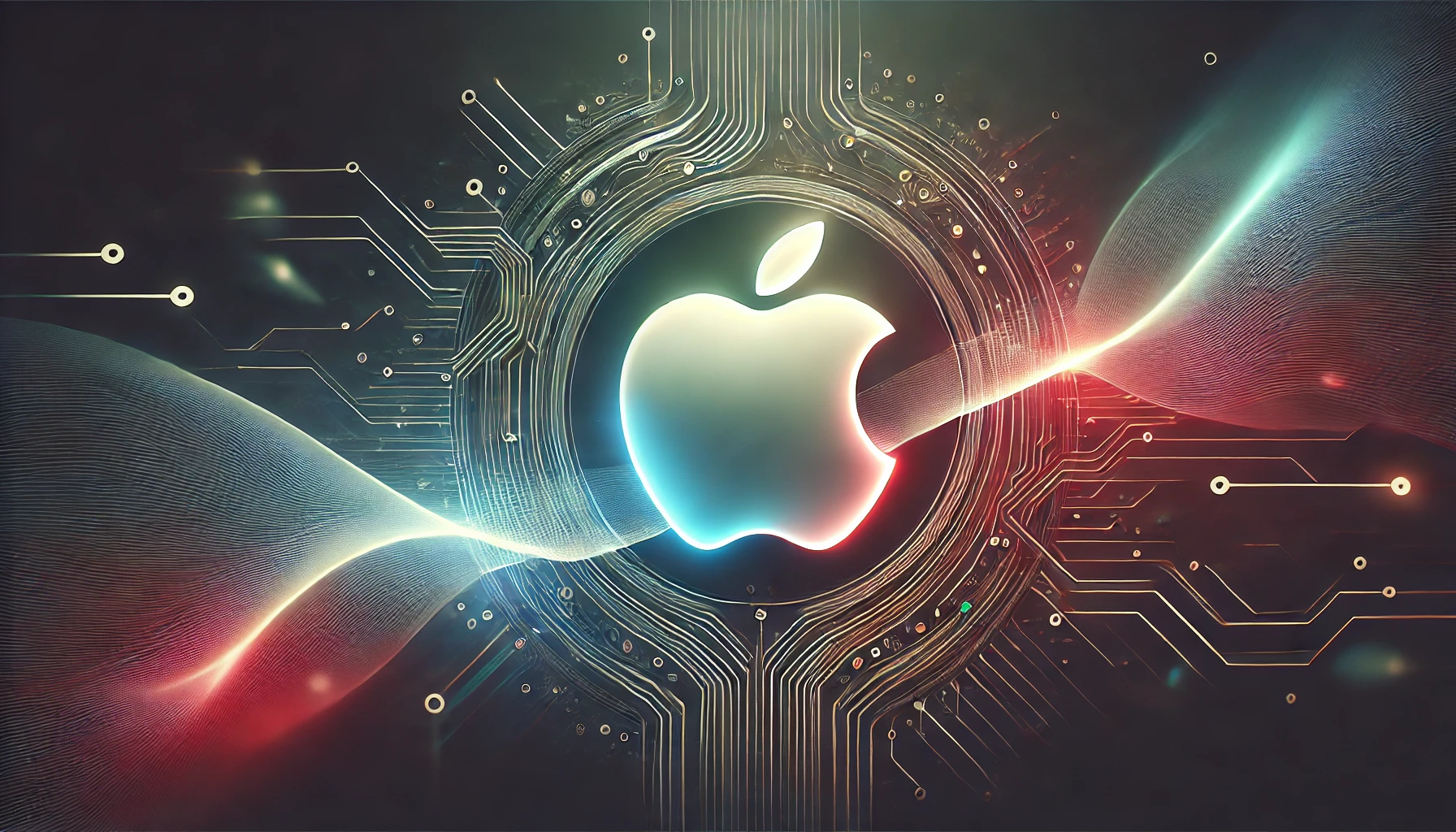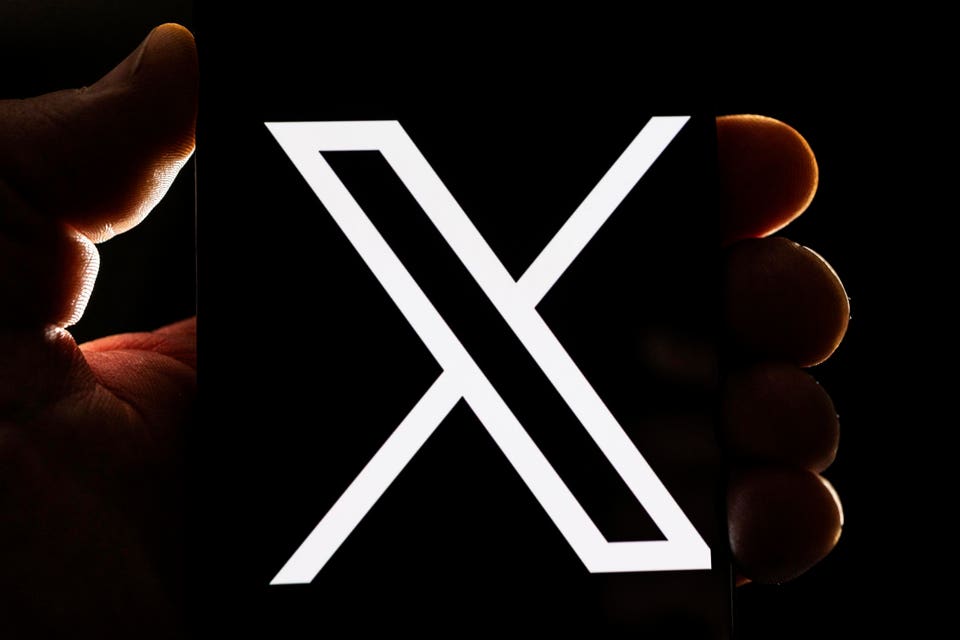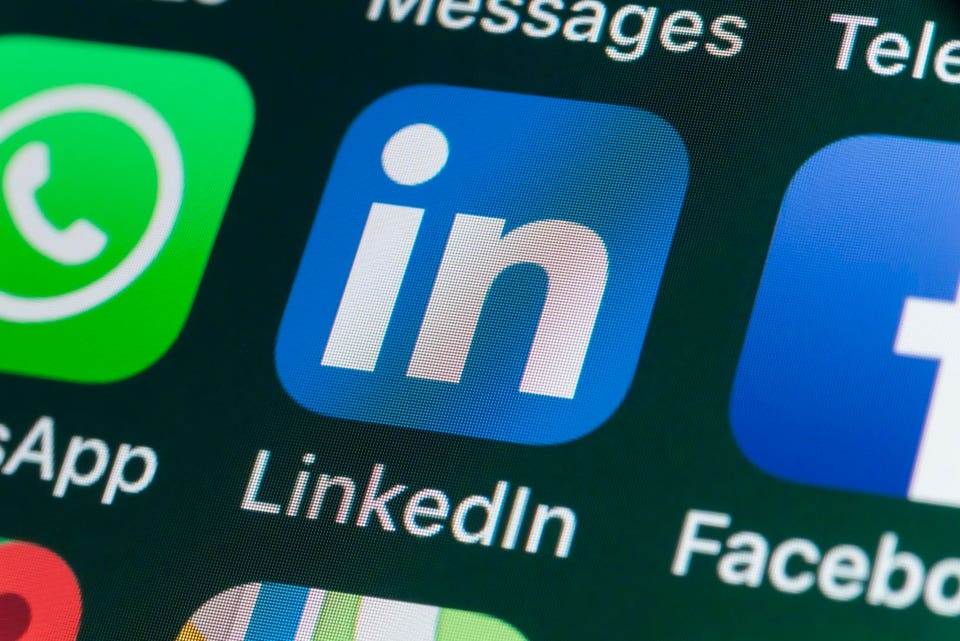As we hurtle towards the upcoming release of the iPhone 16 and iOS 18, Apple is set to reveal a suite of AI-powered features that fall under the umbrella of “Apple Intelligence.”
Apple Intelligence is a comprehensive set of AI tools, including a revamped Siri powered by ChatGPT, thanks to a somewhat unexpected partnership with OpenAI.
Here’s a quick rundown of the tools Apple Intelligence is bringing to the table:
Vastly improved Siri
Enhanced writing tools
Suggested replies in Messages
Email summarization
Phone call transcription
Image Playground for creating animated images
Custom emoji creation (Genmoji)
Apple CEO Tim Cook said he was confident of the quality of these new features, though he candidly admits they may not be perfect at launch.
“I am confident it will be very high quality,” Cook stated in a recent interview, “But I’d say in all honesty, that’s short of 100%. I would never claim that it’s 100%.”
What is Apple Intelligence out?
Apple Intelligence is not rolling out directly with the iPhone 16. Here’s what to expect:
September 10, 2024: Expected unveiling of iPhone 16 and other new products
September 20, 2024: Anticipated release date for iPhone 16
October 2024: Limited AI features available through iOS update
Late 2024: Integration of ChatGPT into Apple’s ecosystem
Q1 2025: Full implementation of Apple Intelligence expected
There have been a few snags on the way, including expected delays to the EU rollout due to privacy issues.
Apple, known for its strong stance on user privacy, claims to have built-in protections surrounding how data will be processed by the AI tools.
Most processing will occur on-device, with complex queries handled through end-to-end encryption and anonymization.
However, some are doubtful that Apple can stick to its principle of ultra-tight data security.
Jake Moore, the global cybersecurity advisor at ESET, explained to The Guardian: “Apple will be able to read your messages, monitor your calendar, track your Maps and location, record your phone calls, view your photos and understand any other personal information.”
When Apple struck a deal with OpenAI to improve Apple Intelligence, Elon Musk jibed on X that this might enable seamless data sharing between the two companies – an issue compounded by OpenAI’s proximity to Apple competitor Microsoft.
Google recently set new benchmarks for AI smartphones with its Pixel 9 series, which boasts an array of AI tools from a built-in Gemini assistant to image creation apps, AI image editing features, and productivity tools galore.
Apple is now prepared to respond. Will its trademark polish and attention to detail set a new standard for AI in consumer electronics? Or will the company face unforeseen challenges?
One thing is certain: the next few months will be essential for Apple as it seeks to redefine the smartphone experience once again, this time with the power of AI at its core.





